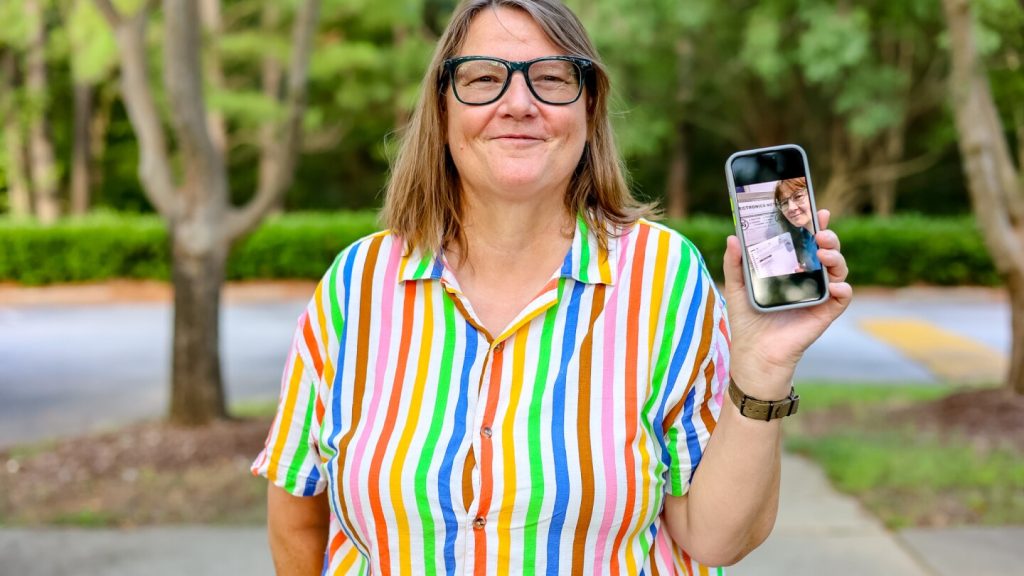Hogarth’s lawsuit against the North Carolina elections board centers around her desire to post a selfie with her completed ballot on social media. The state laws ban most photography in polling places, including photographing completed ballots. The lawsuit argues that these laws are unconstitutional and infringe on the right to freedom of expression. Hogarth received a letter from the State Board of Elections asking her to remove the post or face possible misdemeanor charges, but she refused, stating that in a free society, individuals should be able to show how they voted without fear of punishment.
The North Carolina State Board of Elections and the Wake County Board of Elections have declined to comment on the litigation. These boards are responsible for enforcing state laws that restrict photography in polling places to prevent potential voter coercion or fraud. However, most states have passed laws permitting ballot selfies and other photography, with some states imposing restrictions such as banning photos within a certain radius of a polling place. The Foundation for Individual Rights and Expression (FIRE) is supporting Hogarth in her legal battle, arguing that North Carolina’s ballot photography laws violate the First Amendment by criminalizing innocent Americans for exercising their right to political speech.
FIRE contends that ballot selfie bans infringe on individuals’ right to protected speech under the First Amendment. The legal complaint argues that the state would need to demonstrate real concerns of vote-buying schemes that outweigh the right to express excitement about voting or promote political candidates. The goal of the lawsuit is to halt the enforcement of these laws before the November general election, particularly because Hogarth, who is a Libertarian Party candidate running for a state legislative seat, plans to take another selfie to promote herself. The lawsuit highlights the importance of protecting core political speech and ensuring that individuals can freely express their views without fear of government retaliation.
The issue of ballot selfies and photography in polling places has been a topic of debate in states across the country. While some states have strict laws prohibiting any form of photography in polling places, others have embraced the practice of ballot selfies as a way for voters to share their voting experience. The outcome of Hogarth’s lawsuit in North Carolina could have broader implications for the rights of voters to express themselves through photography at polling places. The lawsuit raises important questions about the balance between protecting the integrity of the voting process and safeguarding individuals’ right to free speech and expression in a democratic society.


